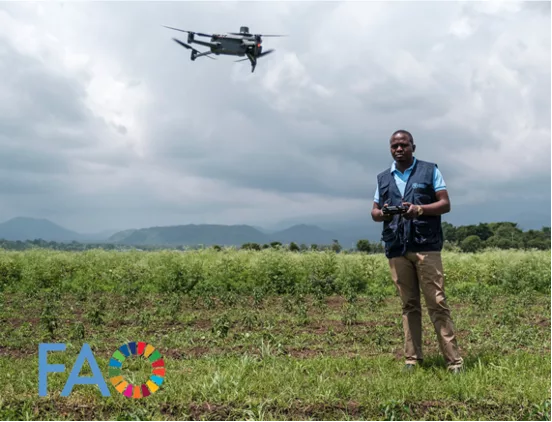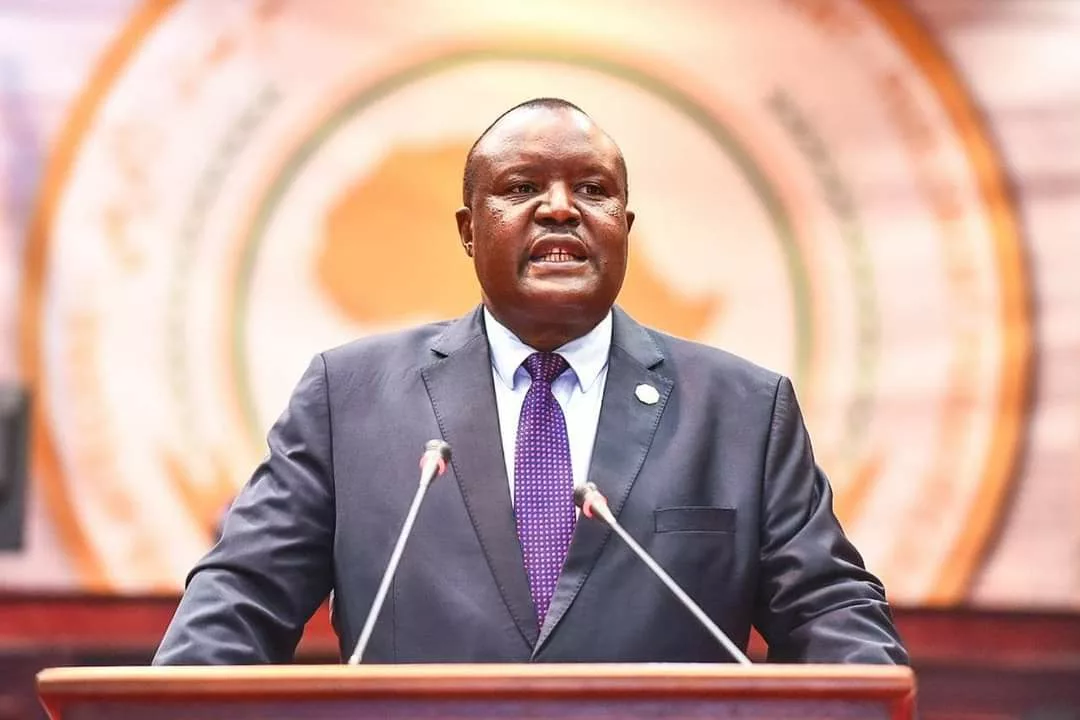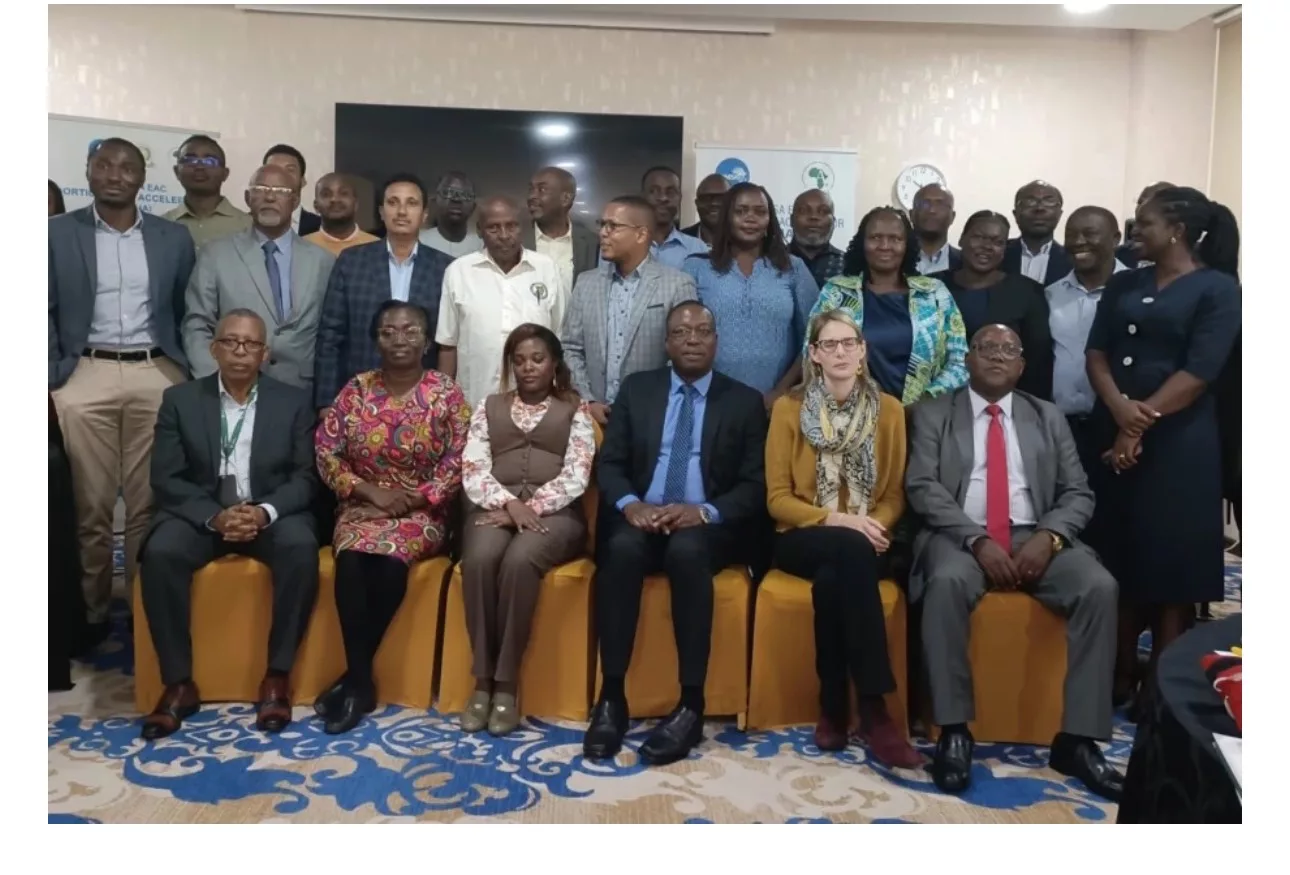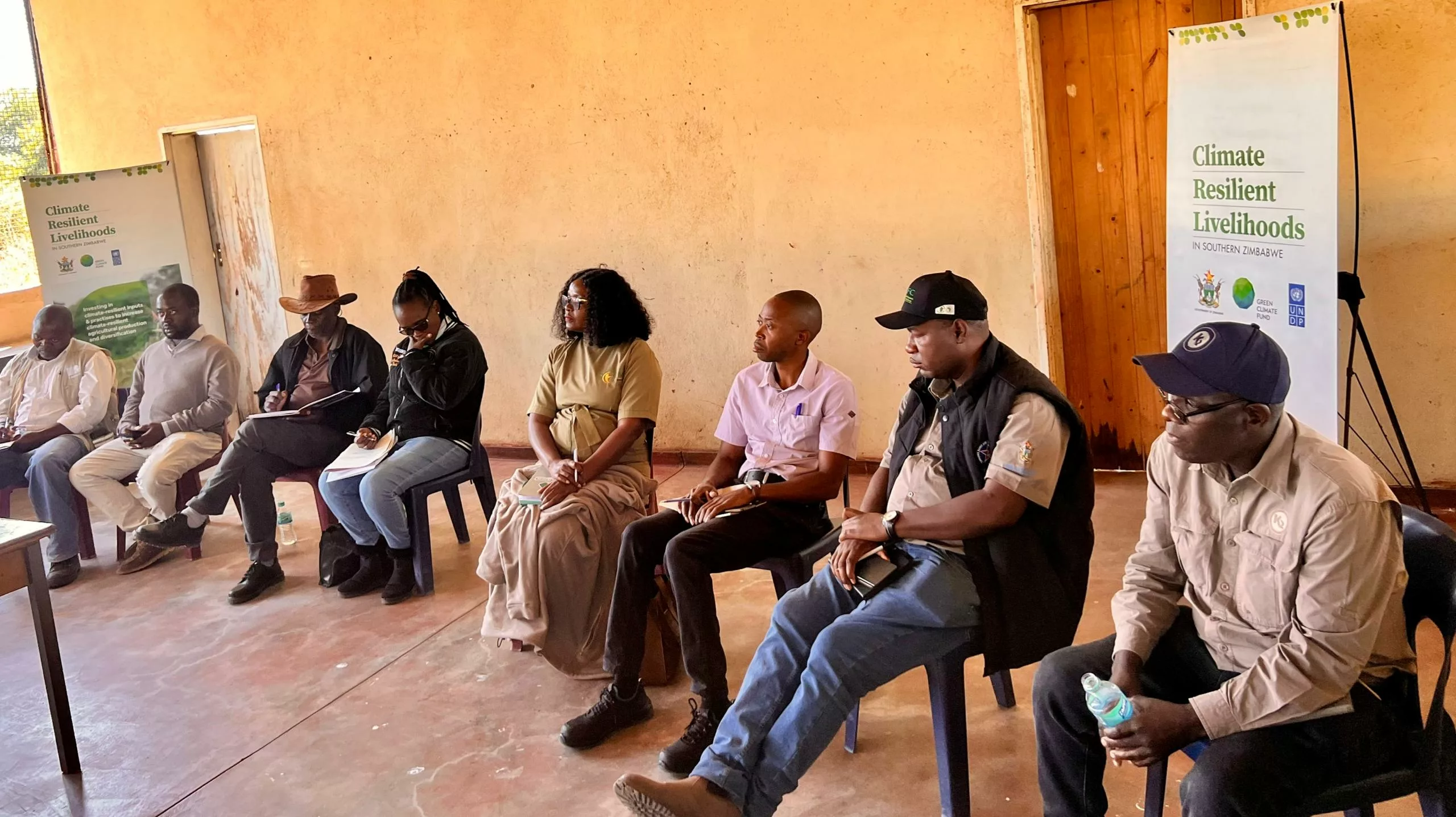|
Getting your Trinity Audio player ready...
|
Agriculture drives economic growth across Africa, but most smallholder farmers still rely on outdated tools, leading to low yields and profits. Digital technologies offer a solution by streamlining processes, improving access to data, and boosting productivity.
The Food and Agriculture Organization (FAO) launched the “Fostering Digital Villages through Innovative Advisory and Profitable Market Services in Africa (FDiVi)” project on November 14 in Musanze District, Rwanda. This initiative is set to transform Rwandan agriculture through the integration of digital tools tailored to rural needs. The launch gathered key stakeholders, including representatives from the Food and Agriculture Organization (FAO), farmer organizations, youth groups, women leaders, and field agents.
In his speech, Mr. Placide Nshuti Kanyabujinga, FAO Rwanda’s representative, highlighted the importance of partnerships in ensuring the success of the FDiVi project.
According to the Rwanda Development Board (RDB), the country’s agriculture sector accounts for about 25% of GDP and employs about 64.5% of the population. This highlights the critical importance of agriculture to the country’s economy and its people.
The FDiVi project, developed in collaboration between FAO and Rwanda’s Ministry of Agriculture and Animal Resources (MINAGRI), aims to modernize agricultural practices by equipping farmers with access to real-time information, weather updates, and market opportunities. It aligns with national priorities of empowering youth and women while promoting sustainable economic growth in rural communities.
This launch underscores a commitment to enhancing rural digital skills and integrating innovative tools to optimize yields, boost market access, and build a sustainable agricultural future for Rwanda. It aligns with the FAO Strategic Framework 2022–2030 which aims to accelerate the transformation to more efficient, inclusive, resilient, and sustainable agrifood systems for better production, better nutrition, a better environment, and a better life, leaving no one behind.
According to the GSM Association (GSMA), integrating technology with tools like big data, GPS, and drones could boost African crop yields by 10.5% to 20% over the next five years. In its May 2024 report, Driving Digital Transformation of African Economies, GSMA also forecasts a 23% rise in agricultural profits through increased ICT adoption. The report highlights the critical role of targeted digital investments by African governments to stimulate growth in agriculture and other key economic sectors.
Source: We are Tech Africa






